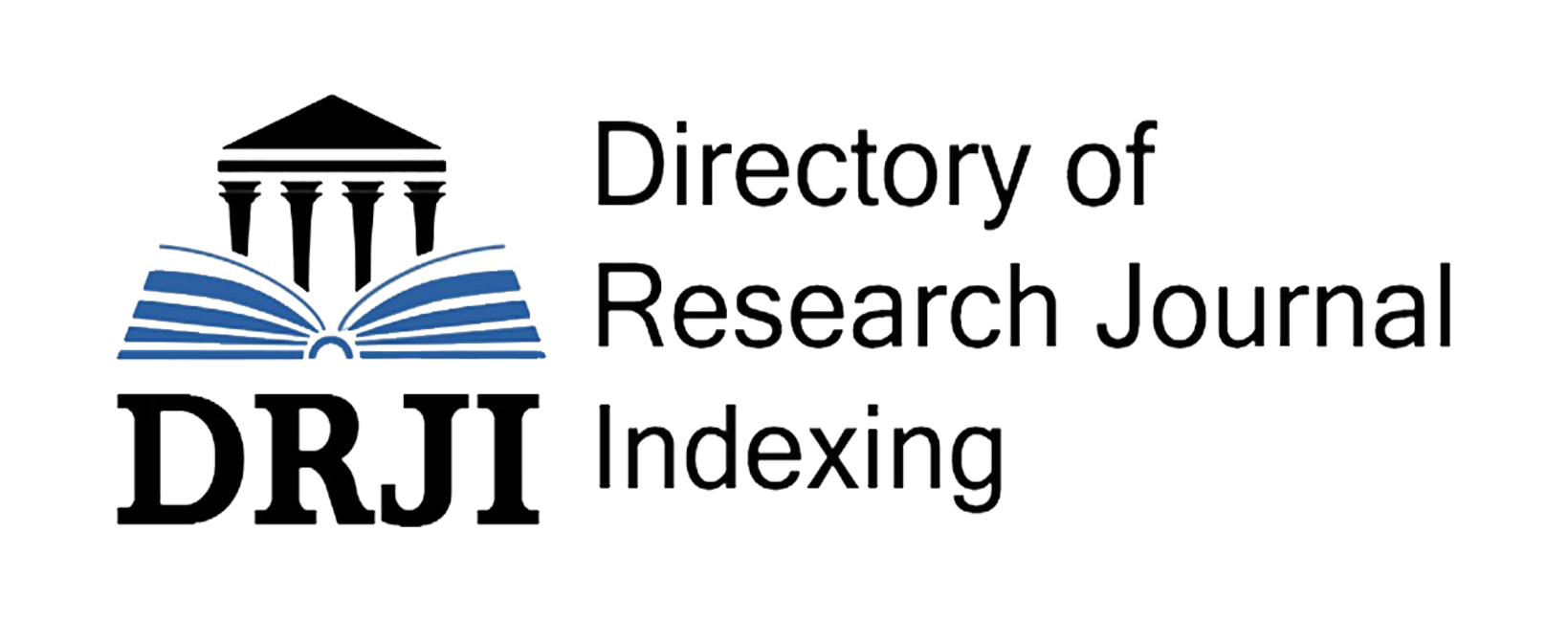CO-STUDY OF LANGUAGE AND CULTURE IN THE FORMATION OF SECONDARY LINGUISTIC PERSONALITY
Keywords:
second language, intercultural competence, communication, culture, character, fiction literature, linguistic personalityAbstract
In modern society, with the expanding framework of communication with representatives of the near and far abroad, special attention is paid to the study of not only the language, but also the development of the ability to perceive the common and the different between the native culture, the culture of the target language. Regardless of territorial affiliation, each nation possesses unique customs and traditions that must be considered as aspects of the unique culture of a particular nation. The language of communication becomes the language of culture.
References
Anikin D.V. A study of the language personality of the compiler of The Tale of Bygone Years. – Barnaul, 2004.–p. 205.
Vorkachev S.G. Linguoculturology, linguistic personality, concept: the formation of an anthropocentric paradigm in language // Philological Sciences. - 2001. - No. 1. - P.64-72.
Khaleeva I.I. Fundamentals of the theory of teaching the understanding of foreign speech (translator training). - Moscow, 1989.
Galskova N.D. Theory of teaching foreign languages: linguodidactics and methodology. - Moscow, 2004. - 336 p.
Sysoev P.V. The concept of linguistic multicultural education (on the material of cultural studies in the USA). - Moscow, 2003. - 401 p.









